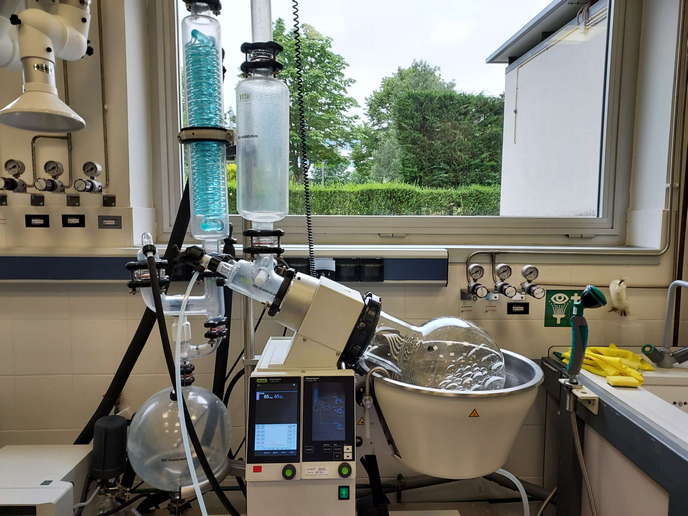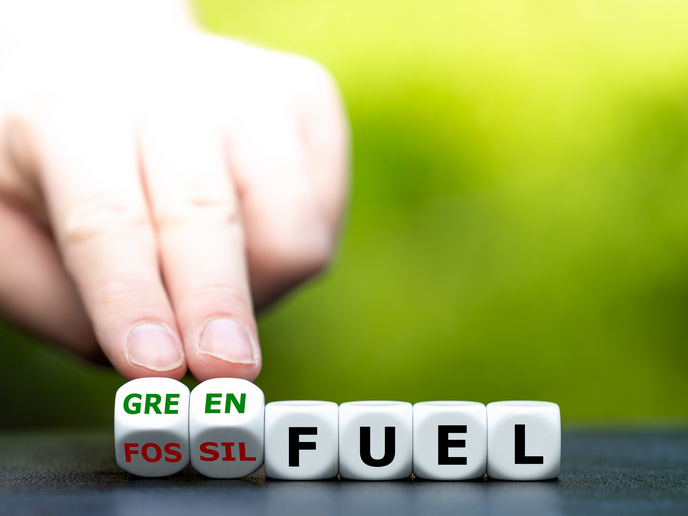Green transformation of deodorizer distillates into added-value products
Edible vegetable oils are obtained after processing and refining of oilseeds including rapeseed, sunflower seeds, palm kernels, olives, soybeans, and others. The refining of vegetable oils generates a number of by-products and waste. Among them are deodorizer distillates produced in the final steps of the oil refining process when undesirable odours and flavours are removed. Deodorizer distillates are rich in free fatty acids and contain minor amounts of valuable compounds like squalene and sterols, used in cosmetics and nutraceuticals. Currently, the principal application of deodorizer distillates is the conversion of its free fatty acids into biodiesel. Minor components are extracted with expensive and energy-intensive distillation techniques for high-value applications. With funding from the Bio-based Industries Joint Undertaking, now known as the Circular Bio-based Europe Joint Undertaking(opens in new window), a public-private EU-industry partnership, the IRODDI(opens in new window) project developed innovative greener technologies that operate under ‘softer’ conditions to valorise deodorizer distillates.
Greener processes, superior bio-based products
IRODDI integrated(opens in new window) three key pillars essential to EU goals for sustainability: more environmentally friendly processing technologies, valorisation of waste according to circular economy principles, and the substitution of products using fossil fuel feedstocks with renewable alternatives from biomass. The consortium developed new green surfactants by reacting fatty acids with benign ionic liquids. “The bio-based surfactants obtained in IRODDI have been included in the formulation of new detergents for multi-purpose applications. Validation by external companies and consortium partners has demonstrated that the cleaning capacity of these eco-friendly detergents which are non-irritant to human skin is superior to that of traditional detergents,” notes IRODDI scientific coordinator Olga Gómez De Miranda of Tecnalia Research & Innovation(opens in new window). The team also explored a process for enzymatic esterification of deodorizer distillates with glycerol to produce base oils for biodegradable lubricants from cheaper renewable feedstocks. In addition, researchers developed an efficient technology based on supercritical CO2 extraction to isolate squalene from the deodorizer distillates. “Squalene can be concentrated more than eight times in one simple supercritical CO2 stripping step – impossible with any other technology,” Gómez de Miranda notes. These technologies can be used individually or combined in an integrated biorefinery process to maximise profits.
A circular economy fostering Europe’s bioeconomy
IRODDI’s outcomes(opens in new window) address economic, social and ecological goals. The project’s innovative pathways for the sustainable transformations of residual raw materials into added-value products contribute to resource optimisation and waste reduction. The project is an example of how a bioeconomy and a circular economy can be successfully implemented in a real industrial scheme. IRODDI has demonstrated the technical, environmental, and economic viability of the processes involved. Our outcomes are a significant step towards achieving a more sustainable and economically competitive landscape within the vegetable oil refining industry,” concludes Gómez de Miranda.







